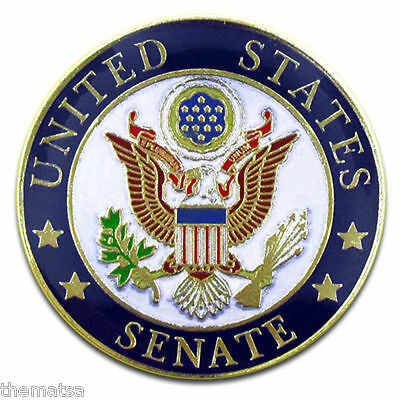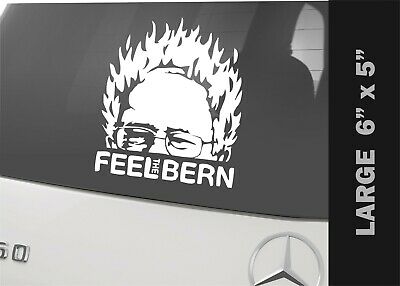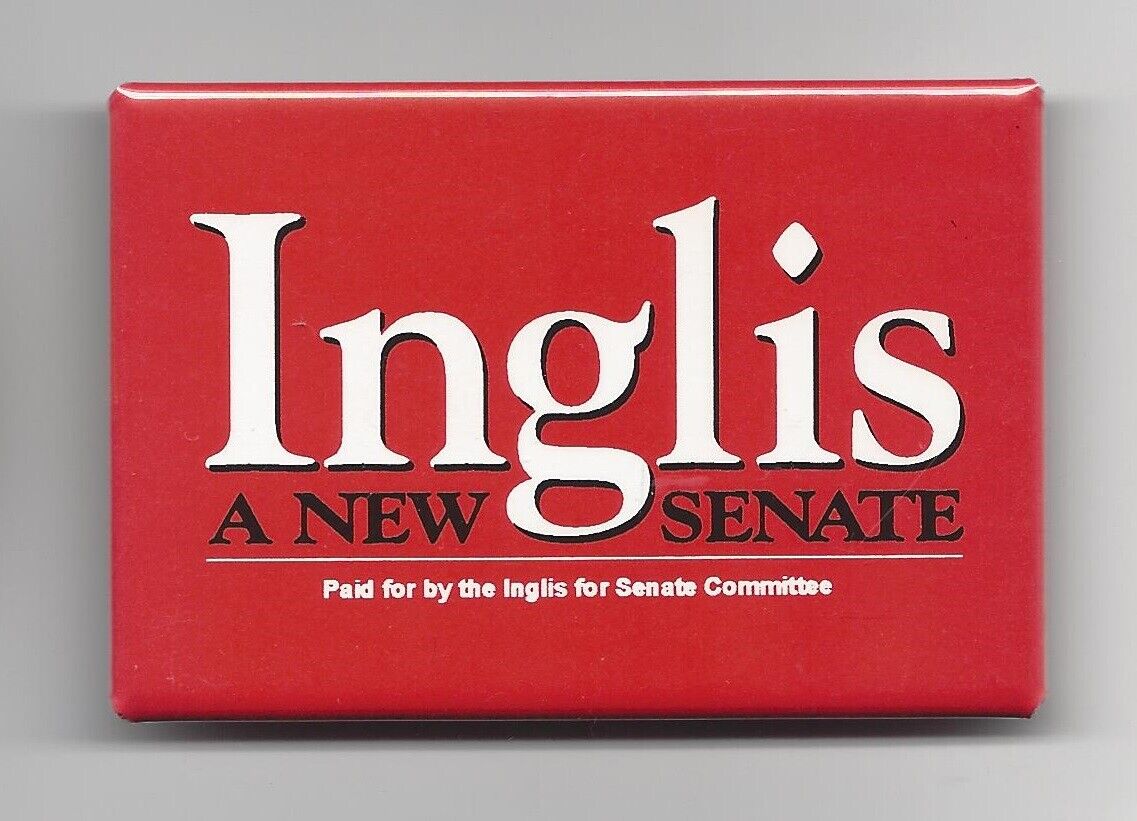-40%
Senator Smith W. Brookhart signed Senate Gallery Pass card Iowa GOP Autograph
$ 7.39
- Description
- Size Guide
Description
Just found this among my father’s things. Looks to be a stamped autograph but still, absolutely authentic. This is Smith W. Brookhart United States senator from Iowa.I have many more of these cards from other Senators and Congressmen listed. Please take a look at my other listings.
Following is a brief bio from Wikipedia:
Smith Wildman Brookhart (February 2, 1869 – November 15, 1944), was twice elected as a Republican to represent Iowa in the United States Senate. He was considered an "insurgent" within the Republican Party; his criticisms of the Harding and Coolidge Administrations and of business interests alienated others within the Republican caucus, leading to his ouster from the Senate over an election challenge. Brookhart's absence from the Senate was brief, as he took the first opportunity to return by challenging and defeating the state's senior Republican senator. He was also a strong supporter of Prohibition and its enforcement, so as public support for prohibition waned, so too did his political career.
In early 1920 Brookhart announced his candidacy for the Republican nomination for the U.S. Senate seat held since 1908 by Republican Albert B. Cummins. Cummins was a progressive senator but from an earlier generation, and distrusted both corporate interests and unions. Brookhart attempted to build his campaign around his criticism of railroad regulatory legislation Cummins had co-authored, the Esch–Cummins Act, which Brookhart claimed did too little to wrest ownership and control of railroads away from Wall Street interests.[3] Brookhart attempted to lure rank-and-file blue-collar workers to register as Republicans so that they could vote for him in the primary,[3] prompting Cummins to associate Brookhart with radical workers movements such as "the Socialists, reds and Industrial Workers of the World."[4] Cummins was sidelined by illness in the weeks leading up to the primary,[4] but nevertheless defeated Brookhart.[5]
1922–1926 Edit
On his second attempt, Brookhart was elected to the Senate in 1922.[6] A special election was required because Iowa Senator William S. Kenyon resigned before the completion of his term to accept an appointment as federal judge. After receiving over 41 percent of the vote in a six-way Republican primary,[7] Brookhart was backed by the national Republican Party,[7] and defeated future Governor and U.S. Senator Clyde L. Herring.
As Time would later write, Brookhart's "pugnacious cowhide radicalism nettled patrician Senators."[8] Two years later, in the 1924 election, he made his first attempt to win a full term. Running again as the Republican nominee, Brookhart appeared to have defeated the Democratic candidate, Daniel F. Steck, by a small margin, with Brookhart getting 447,594 votes to Steck's 446,840. Brookhart thus took office on March 4, 1925, but Steck pursued a challenge with the Senate Committee on Elections and Privileges. In the Committee hearings on Steck's challenge, the Iowa Republican Party sided with Democrat Steck. It filed a brief that was sharply critical of Brookhart, accusing him of disloyalty to the Republican presidential ticket in 1924 because of his support for Progressive Party presidential candidate Robert M. La Follette Sr. of Wisconsin.[9]
Brookhart held this seat only until April 12, 1926 when the Senate voted by a margin of 45 to 41 to replace him with Steck, who then served out the remainder of the term. Because the Senate was then firmly in Republican control, his ouster was possible only because over a dozen Republicans voted with Democrats to unseat Brookhart.[10] On other occasions the Senate has settled election disputes before a Senator took office, but this is the only time the results were overturned after the Senator was seated.
1927–1933 Edit
Immediately upon his ouster from the Senate in April 1926, Brookhart ran for Iowa's other Senate seat, which was still held by Cummins. In the Republican primary, Brookhart stunned his former colleagues and the Iowa Republican establishment by decisively defeating Cummins. As Idaho Republican William Edgar Borah said the following morning, "Senator Cummins was highly respected by everyone who knew him. He was a man of recognized ability, and only a real political revolution could have defeated him."[11] In the general election, Brookhart defeated conservative Democrat Claude R. Porter, a former U.S. Attorney during the Wilson Administration.
Brookhart was a harsh critic of the Federal Reserve: "A more sinister or evil device could not be arranged for using the people's savings to their own injury and the destruction of their property values".[12]
He served a full six-year term. However, in the 1932 Republican primary he was defeated by Henry Field, a Shenandoah, Iowa nurseryman. Field had attacked Brookhart's absences from the Senate while on speaking tours, and the number of his relatives who held federal jobs.[13] Brookhart then ran in the 1932 general election as a "progressive" candidate, but received fewer than 33,000 votes out of over 890,000 cast.
Brookhart was what was known as a "fervent dry." In a futile effort to stop the growing sentiment for the repeal of Prohibition, Brookhart began a nationwide tour, during which time he debated Congressman Fiorello LaGuardia, Clarence Darrow, and other prominent "wets" or opponents of Prohibition.
Brookhart favored dramatically increasing Prohibition enforcement appropriations by 240 million dollars. This was a very unpopular position because of widespread unemployment and underemployment during the Great Depression. Those favoring repeal argued that legalizing alcoholic beverages would stimulate the economy and provide desperately needed tax revenue.
It is said that Brookhart's opinions regarding alcohol came from his role as a rifle instructor for the Iowa National Guard. During that time he concluded that alcohol and guns were incompatible. He went as far as to quantify the accuracy harms associated with mild beer, claiming it lowered accuracy by 7%. With this information, he convinced the Governor of Iowa to make the rifle range "bone dry." [14]













